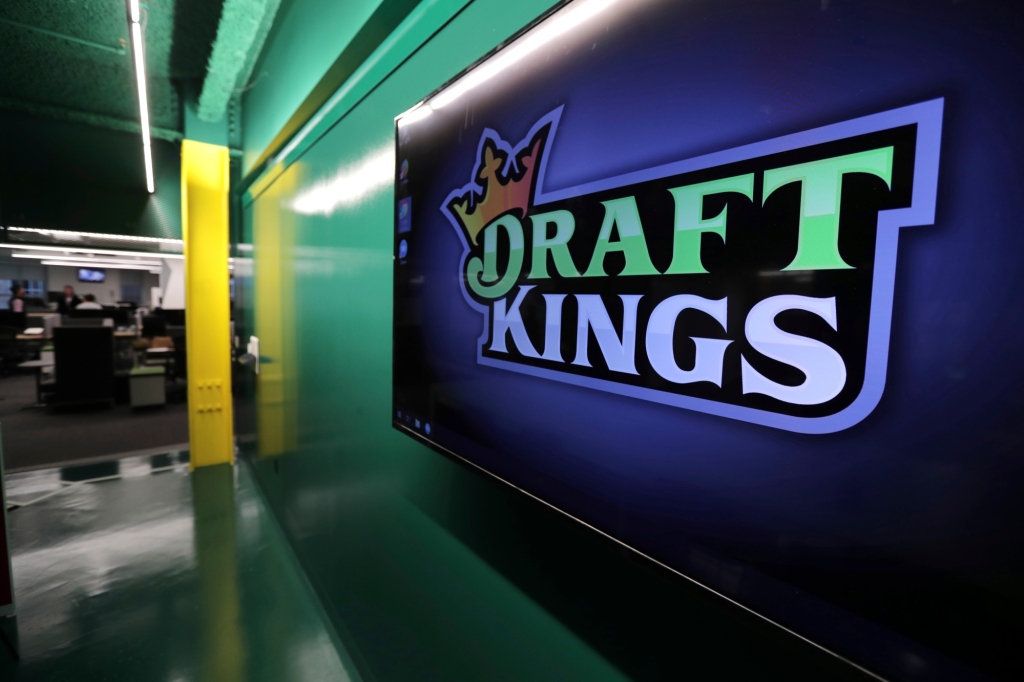
The next time your favorite baseball team negotiates a nine-figure deal for an injury-prone pitcher, blame the oddsmakers. They’ll soon be the source of cash upon which baseball depends to sustain the sport’s lofty pay packages.
Both Major League Baseball and media companies are vying to control the next wave of sports gambling, integrating betting into streamed broadcasts of games. The expansion of betting will make some baseball traditionalists queasy. But wary fans should consider the alternative — higher costs to watch or attend games as both teams and media companies grasp for new sources of revenue.
For years, baseball and other sports leaned upon regional television networks to pay them billions of dollars for the rights to broadcast games to the home fans. Now, cord-cutting is choking off that lucrative pipeline.
The question over who should benefit from the switch became more urgent two weeks ago, when a court ordered Diamond Sports Group, a Sinclair Broadcast Group subsidiary and the largest owner of regional sports channels, to cough up unpaid fees to four Major League Baseball teams. Diamond says it will pay up, but only if it is given the right to stream — as well as broadcast — MLB games.
For Diamond, the streaming isn’t just about placing the games on your phone. Ultimately, it wants to integrate gambling into those streams. Want to bet on the next batter getting a hit, or even the nature of the next pitch? The odds could be displayed directly on screen.
But Major League Baseball, long averse to gambling, has no intention of turning over those rights. Instead, it wants to keep and exploit them itself, ensuring that young sports fans — who surveys show are far more likely to gamble than older fans — are buying MLB tickets and streaming packages. As the young fanbase grows, revenue from gambling-related sponsorships, advertisements and product fees (such as fees paid by sportsbooks for instant game data) will grow, too. In time, gambling will become as much a part of the national pastime as the strikeout.
It’s an awkward twist. Since the 19th century, baseball has struggled to keep gambling from influencing the sport. The 1919 Black Sox scandal, in which eight players were banned for fixing the World Series, continues to influence decisions about gambling and maintaining the integrity of sports. Pete Rose, the all-time hits leader, remains barred from the sport and the Baseball Hall of Fame for wagering on games.
But baseball faces a crisis. It has an aging fanbase and a pace of play that’s out of tune with short attention spans of viewers reared on apps and highlights (though recent changes including the pitch clock aim to speed things up). Younger fans are dropping their cable subscriptions, gutting baseball’s decades-old economic model.
Roughly half of major league teams have marketing relationships with betting apps, and players are now free to endorse sportsbooks. Meanwhile, a sportsbook operated by DraftKings sits outside Wrigley Field, home of the Cubs, and should open this year
Other major sports are well ahead of baseball. The NBA has a standalone website devoted to gambling. During the just-completed NHL season, sports betting and daily fantasy team sponsorships grew 185%. And the NFL, the American sporting colossus, currently has three official sportbook partners; point spreads and other gambling data are now routinely integrated into pregame shows.
Baseball’s gambling expansion won’t please all fans, especially those familiar with the game’s history. But the alternatives aren’t attractive, either. Without a new source of revenue, teams are likely to turn to higher fees to watch (either through cable or streaming) and higher ticket prices. Smaller-market teams that can’t charge fans more will cut back, creating more inequality between, say, the Minnesota Twins and the Los Angeles Dodgers.
That, too, will degrade the fan experience.
For baseball, it’s time to roll the dice.
Adam Minter is a Bloomberg Opinion columnist. ©2023 Bloomberg. Distributed by Tribune Content Agency.